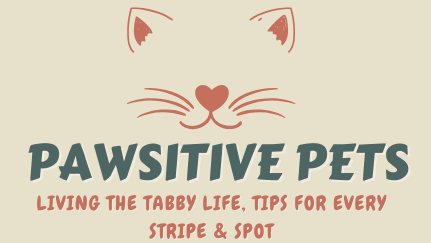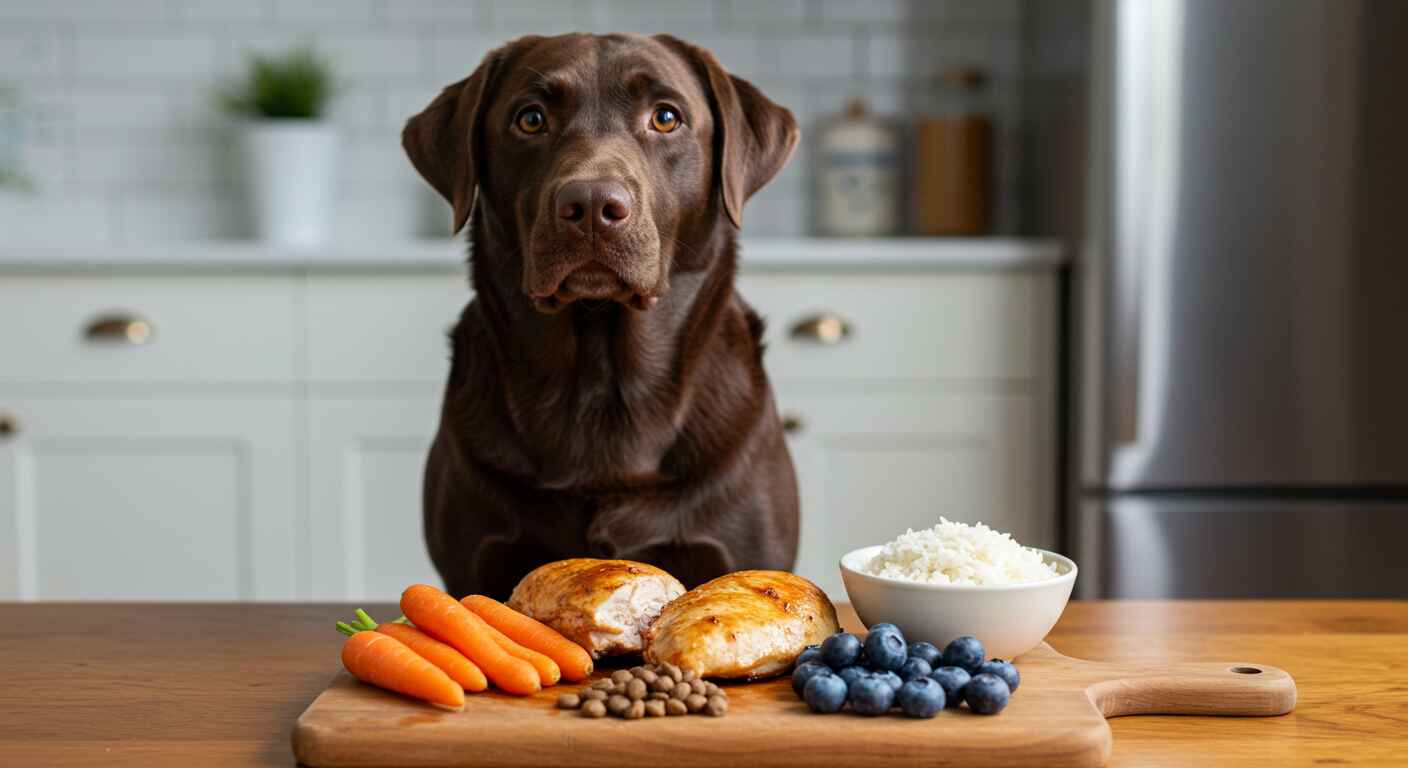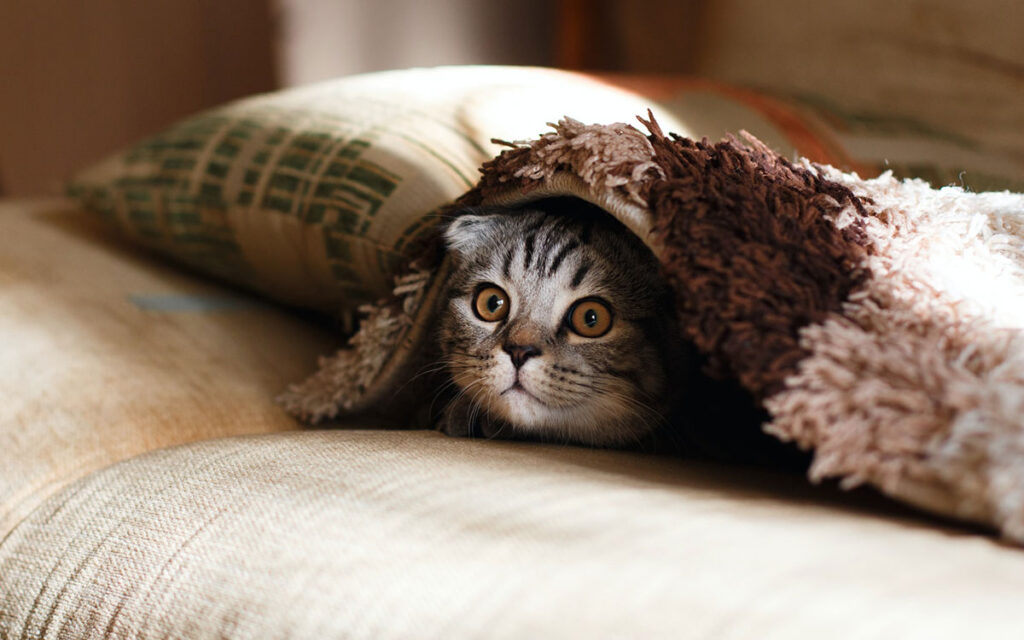Can dogs eat human food? If you’ve ever been guilt-tripped by your dog’s eyes during dinner, you’ve probably asked yourself that exact question. Growing up with a house full of pets, Max the Labrador, Luna the tabby, and even a parrot named Charlie, I learned firsthand that not all table scraps are safe.
This guide answers not only can dogs eat human food but also which foods are safe, which are harmful, and what to do in a pinch or an emergency. Whether you’re sharing snacks or facing an empty dog food bag, here’s how to feed smart and safe.
Table of Contents
Why Human Food Can Be a Risk or Reward
How Dogs Digest Food Differently From Humans
Dogs and humans share a lot, but digestion isn’t one of those things. Your dog’s gastrointestinal system is designed for high-protein, low-fiber diets with minimal seasonings. Human foods, especially processed ones often contain salt, sugar, onions, garlic, and preservatives that are dangerous for dogs, even in small amounts.
Where you might see a healthy snack, your dog’s body could interpret a toxic invader. For instance, grapes are harmless to us but can cause kidney failure in dogs. Even foods that are safe, like bread or cheese, can cause digestive upsets if not introduced carefully or fed in excess.
Symptoms of Food Toxicity in Dogs
Knowing what to look for is critical. Symptoms vary based on the food and the dog’s size, but here are the most common warning signs your pup ate something they shouldn’t have:
| Symptom | Possible Cause |
|---|---|
| Vomiting | Chocolate, garlic, spoiled food |
| Diarrhea | Milk, fatty food, onions |
| Weakness or lethargy | Grapes, xylitol, macadamia nuts |
| Rapid heart rate | Caffeine, chocolate |
| Seizures | Artificial sweeteners, dark chocolate |
| Pale gums, drooling | Garlic, onions, raisins |
Safe Human Foods for Dogs (Grouped by Food Type)
Fruits Dogs Can Eat Safely
So, can dogs eat human food like fruit? Yes many fruits are not only safe but also healthy in moderation. They offer fiber, hydration, and antioxidants.
Here are some safe choices:
| Fruit | Benefit | Serve It Like This |
|---|---|---|
| Apples | Rich in fiber, vitamin C | Remove seeds & core, slice thin |
| Blueberries | Antioxidants & brain support | Use fresh or frozen as treats |
| Bananas | Potassium boost, easy on digestion | Peel and slice |
| Watermelon | Hydrating, full of vitamins A & C | Remove seeds and rind |
| Strawberries | Fiber-rich, immune support | Wash and slice small |
void grapes, raisins, cherries with pits, and citrus peels, they’re harmful to dogs.
Vegetables Dogs Can Eat
Dogs can eat a surprising number of veggies when prepared properly. They’re great low-calorie snacks and can support digestion and immunity.
| Vegetable | Benefit | How to Serve |
|---|---|---|
| Carrots | Dental health & vision support | Raw or steamed, cut into sticks |
| Broccoli | Antioxidants & fiber | Steamed in small portions |
| Sweet Potatoes | Digestive support & beta-carotene | Cooked, mashed, no seasoning |
| Green Beans | Weight-friendly snack | Steamed or raw, chopped |
| Celery | Fresh breath & hydration | Cut into bite-size pieces |
Avoid onions, garlic, and leeks, they’re toxic even in small amounts.
Proteins That Are Safe for Dogs
Lean proteins are essential, especially when you run out of dog food. But they must be cooked and served without seasoning.
| Protein | Health Perk | How to Prepare |
|---|---|---|
| Chicken (boneless) | Lean, high-protein, easy to digest | Boiled or baked, no skin/bones |
| Turkey (plain) | Low-fat, rich in B vitamins | No bones, skin, or seasoning |
| Eggs (cooked) | Protein-rich, gentle on the stomach | Scrambled or hard-boiled only |
| White Fish | Omega-3s, joint & skin health | Baked or boiled, deboned |
Can dogs eat human food like beef or pork? Only if it’s lean, fully cooked, and plain, no added spices, sauces, or fat.
Dairy in Moderation
Some dogs can tolerate small amounts of dairy, but watch for signs of lactose intolerance.
| Dairy | Note | Serving Tip |
|---|---|---|
| Plain Yogurt | Probiotic-rich, helps digestion | A spoonful over dry food |
| Cottage Cheese | Low-lactose, gentle source of protein | Give in small amounts |
| Cheese (low-fat) | High reward value, some protein/fat | Use as treat, not daily snack |
Can dogs eat human food like ice cream or milk? Best to skip both, too much sugar and lactose can upset their stomachs.
Dangerous Human Foods Dogs Should Never Eat
The Truth About What Dogs Should Never Eat
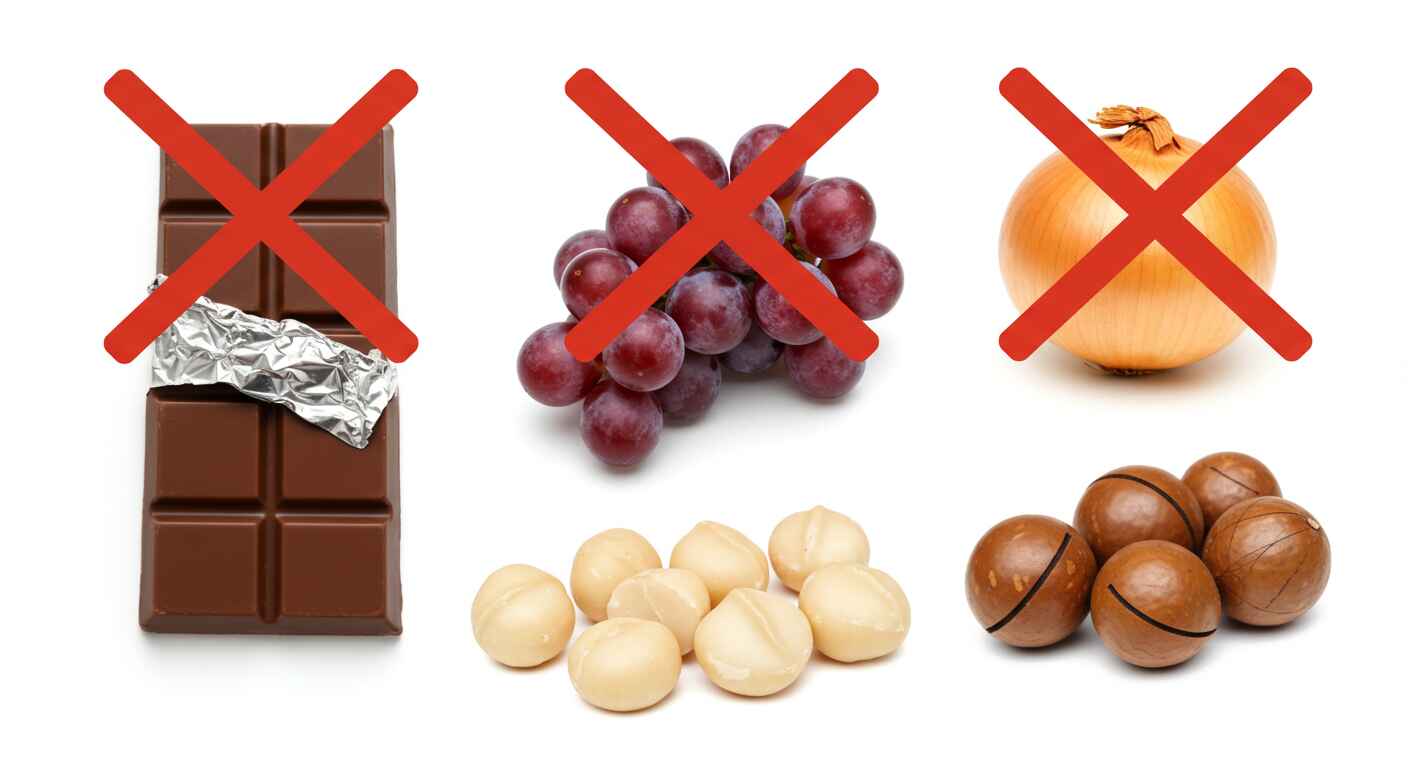
A common concern among pet owners is: can dogs eat human food without getting sick? The truth is, many everyday foods on your plate could be toxic, or even deadly, for dogs. That’s why knowing what to avoid is just as important as knowing what’s safe.
Some of these harmful foods cause immediate symptoms, while others create long-term health issues. Always check before offering a “treat” from your table.
Top Toxic Foods You Should Keep Away
Dogs process food differently than humans, and certain ingredients can cause vomiting, seizures, or worse. Here are some of the most dangerous human foods for dogs:
| Toxic Food | Why It’s Dangerous | Symptoms to Watch For |
|---|---|---|
| Chocolate | Contains theobromine; affects nervous system | Vomiting, tremors, seizures |
| Grapes & Raisins | Can cause kidney failure—even in small amounts | Lethargy, vomiting, no urination |
| Garlic & Onions | Damages red blood cells; leads to anemia | Pale gums, weakness, collapse |
| Xylitol (in gum) | Artificial sweetener causes insulin spike | Low blood sugar, seizures |
| Macadamia Nuts | Affects muscles and nervous system | Weakness, tremors, overheating |
| Alcohol | Even small amounts cause toxicity | Confusion, vomiting, potential coma |
If you’re still asking yourself can dogs eat human food safely without risk, remember: it only takes one wrong bite to create an emergency. Even “healthy” items like avocados or nutmeg can be harmful in the wrong form.
Hidden Dangers in Everyday Foods
Some foods aren’t toxic by themselves, but become dangerous depending on how they’re cooked, stored, or served:
- Cooked bones: Can splinter and cause internal injury.
- Fatty scraps or bacon grease: Lead to pancreatitis.
- Raw dough (yeast): Can expand inside a dog’s stomach and cause rupture.
- Caffeinated drinks: Coffee and tea overstimulate the heart and nervous system.
Can dogs eat human food like pork or eggs? Only when it’s properly cooked, free of fat, and unseasoned. Bones, seasoning, or raw preparation instantly turn a harmless meal into a health threat.
Quick List: What to Keep Out of Your Dog’s Bowl
Use this table as a go-to reference for foods to never share:
| Never Feed These | Danger Level |
|---|---|
| Chocolate, Coffee | Extremely toxic |
| Onions, Garlic, Leeks | Toxic, even when cooked |
| Grapes, Raisins | Kidney failure risk |
| Alcohol, Raw Dough | Life-threatening |
| Macadamia Nuts, Nutmeg | Neurological damage |
If your dog eats any of the above, call your vet immediately or reach out to the Pet Poison Helpline.
Moderation Foods – When Safe Becomes Risky
Can Dogs Eat Human Food That’s Only Safe Sometimes?
Can dogs eat human food like cheese or bread? Sometimes, but only in moderation. There’s a difference between food being not toxic and being healthy. That’s where a lot of pet owners go wrong.
Even foods marked as “safe” for dogs can become harmful if overfed, poorly prepared, or given too often. In this section, we’ll explore popular human foods that require caution and moderation.
Looking for inspiration? Try our guide on the best diet for aging pets
Dairy: Yes… If Your Dog Can Tolerate It
Some dogs digest dairy just fine, while others don’t. Although dogs can eat human food like cheese or plain yogurt, not every pup will handle it well.
| Dairy Food | Can They Eat It? | Risk |
|---|---|---|
| Cheese | Yes, in small amounts | High fat, possible gas or bloating |
| Milk | Sometimes | Many dogs are lactose-intolerant |
| Ice Cream | Best avoided | High sugar and lactose |
| Yogurt (plain) | Yes, if tolerated | May help digestion in some dogs |
Even if dogs can eat human food like these once in a while, don’t make them a habit. They should never replace real nutrition.
Moderation=Protection
To protect your dog’s health:
- Keep “people food” to less than 10% of daily calories
- Only feed food that’s plain, cooked, and without seasoning
- Introduce one new food at a time
And if you’re still asking can dogs eat human food daily without harm? The answer is no, especially not the types covered in this section.
What to Feed When Dog Food Runs Out
Can Dogs Eat Human Food If You Run Out of Kibble?
You’re staring at an empty dog food bag, your pup is hungry, and the stores are closed. Panic sets in. But don’t worry—can dogs eat human food as a temporary meal? Absolutely. In fact, your kitchen likely holds enough safe ingredients to create a quick, healthy substitute.
The key is knowing what’s safe, what to avoid, and how to prepare it properly.
What Human Foods Are Safe in an Emergency?
When there’s no kibble in sight, can dogs eat human food like chicken or rice? Yes, but only plain, unseasoned versions. Many simple, whole foods are easy on your dog’s digestion and can be combined into a balanced temporary meal.
Here’s a list of human foods safe for dogs when you’re out of dog food:
| Safe Food | How to Prepare | Why It’s Good |
|---|---|---|
| Boiled Chicken | Boneless, skinless, no seasoning | Lean protein, easily digestible |
| White Rice | Plain, fully cooked | Gentle carb, supports digestion |
| Scrambled Eggs | No oil or butter | Protein-rich and nutritious |
| Steamed Carrots | Chopped, soft, no salt | High fiber, low calorie |
| Plain Pumpkin (canned) | Unsweetened only | Soothes upset stomachs |
Can Dogs Eat Human Food Like This Regularly?
Even though these foods are safe, remember that they are temporary stand-ins. They don’t contain all the nutrients your dog gets from high-quality dog food. So while dogs can eat human food occasionally during emergencies, it should never become the norm.
Use these meals for 1-2 feedings max, then return to a balanced dog diet.
A Simple Recipe When You’re in a Pinch
Homemade Emergency Dog Meal:
- 1/2 cup boiled chicken
- 1/4 cup white rice
- 1/4 cup steamed carrots
- 1 tablespoon plain pumpkin
Mix and cool. This blend is safe, gentle, and satisfying for your dog.
What to Avoid (Even If You’re Desperate)
Even during food shortages, not all human food is safe for dogs. Skip anything that’s seasoned, processed, or artificially flavored:
- No deli meats (too salty)
- No sauces or gravies
- No fried or spicy foods
- No canned soups or leftovers
- Absolutely no chocolate, onions, or garlic
Can dogs eat human food in an emergency? Yes, but only if it’s plain, cooked, and made with their health in mind.
Portion Sizes and Feeding Tips
Feeding your dog human food isn’t just about what you give, it’s also how much.
- Small dogs: 1/2 to 3/4 cup per meal
- Medium dogs: 1 to 1.5 cups
- Large dogs: 2+ cups, depending on weight
If you’re unsure how much to feed, go a little under and watch for hunger cues.
Final Word: Yes, But Be Smart
So, can dogs eat human food safely when dog food isn’t available? Absolutely. But the goal is to feed them healthy, unseasoned options and return to their regular diet as soon as possible.
If your dog has any medical condition, check with your vet before feeding human food, even temporarily.
What to Do If Your Dog Eats Unsafe Food
Can Dogs Eat Human Food Without Risks?
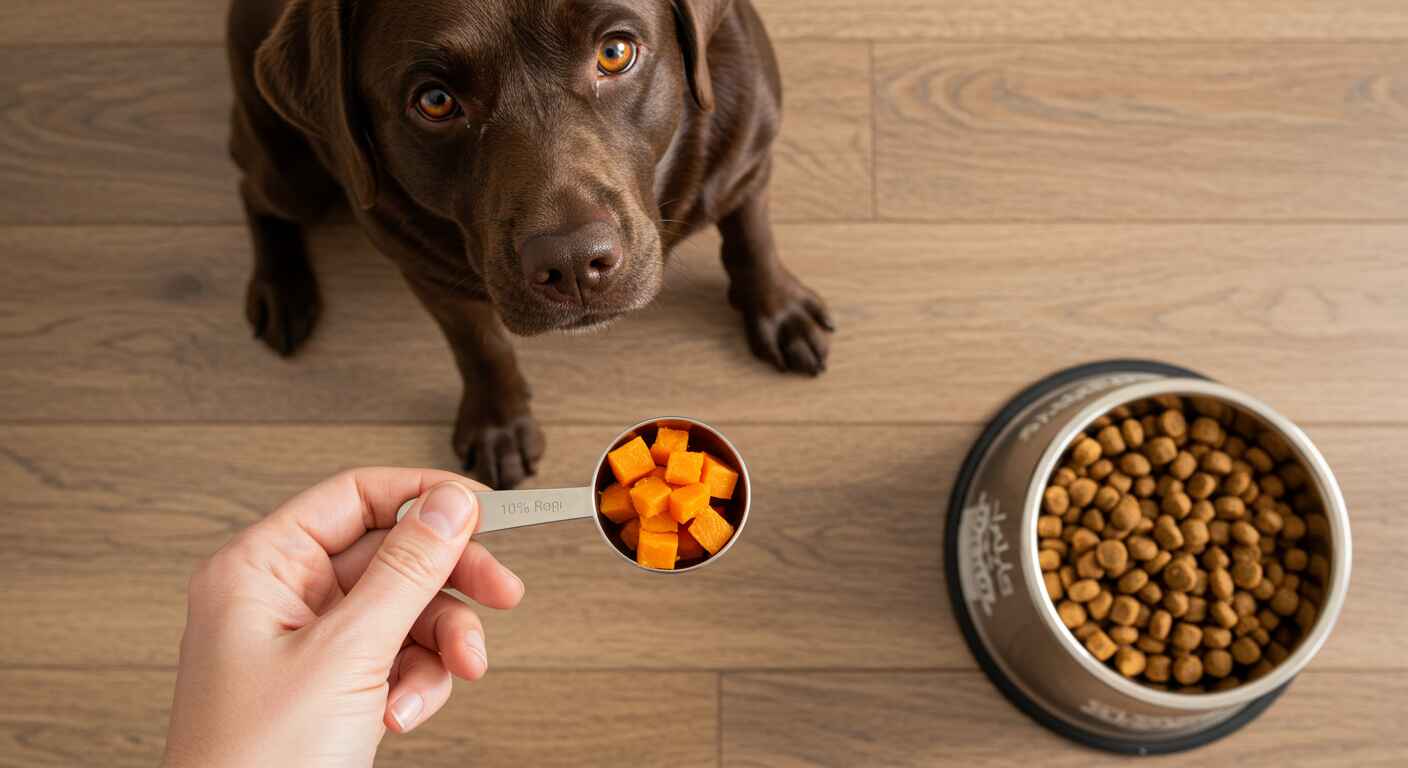
While many pet parents ask can dogs eat human food safely, the reality is mistakes happen. A dropped grape, a licked plate of lasagna, or an unattended chocolate bar can quickly become an emergency. Knowing how to respond can save your dog’s life.
In this section, we’ll walk you through the warning signs, what to do immediately, and when to call the vet.
First Things First: Stay Calm
If your dog eats something they shouldn’t have, don’t panic. Not every situation leads to disaster. But if you’re unsure what they ate, or how much, it’s always better to act fast than wait.
Start by identifying the food and checking how toxic it is to dogs. Not sure if it’s serious? Here are some signs to watch for:
| Symptom | Possible Cause |
|---|---|
| Vomiting or Diarrhea | Fatty foods, onions, chocolate |
| Lethargy or Weakness | Grapes, garlic, xylitol |
| Seizures or Tremors | Caffeine, chocolate, nutmeg |
| Drooling or Pawing Mouth | Spicy or irritating foods |
| Rapid Heart Rate | Chocolate, caffeine, alcohol |
What to Do Immediately
If your dog consumed a harmful item:
- Remove access to the food immediately
- Check the ingredient list if it came from packaging
- Do NOT induce vomiting unless a vet tells you to
- Call your vet or a poison hotline:
- ASPCA Poison Control: 888-426-4435
- Pet Poison Helpline: 855-764-7661
Common Emergency Scenarios
Let’s look at real-world cases where people thought, can dogs eat human food like this, but regretted it.
- Scenario 1: Chocolate ingestion
- Even a small piece of dark chocolate can trigger seizures in small dogs.
- Scenario 2: Grapes and raisins
- These can cause kidney failure, even in healthy, large breeds.
- Scenario 3: Cooked bones
- Splintering can damage your dog’s intestines.
Always err on the side of caution. If your gut says “this might not be safe,” trust it.
Prevention Tips
While asking can dogs eat human food is a good habit, prevention is even better. You can avoid emergencies by:
- Keeping garbage sealed and out of reach
- Not leaving plates unattended
- Educating everyone in the house about unsafe foods
- Creating a list of vet-approved snacks for family use
Even healthy foods like onions, macadamia nuts, or seasoned meats can become dangerous when left unattended.
Know When to Seek Help
If your dog shows any unusual symptoms, call your vet immediately. Don’t “wait and see” early treatment is always safer and often cheaper.
Can Dogs Eat Human Food Without Getting Sick?
We’ve answered the big question, can dogs eat human food, but that doesn’t mean you should start tossing scraps into their bowl. Even safe foods need to be introduced carefully, especially if your dog’s diet has been 100% kibble until now.
Introducing new food the wrong way can upset your dog’s stomach, trigger allergies, or cause rejection of regular meals. Here’s how to do it right.
Start Small and Go Slow
Any time you introduce a new food, do it gradually. Start with small amounts mixed into your dog’s regular meal. For example, you might add a few spoonfuls of plain rice, a chopped carrot, or a teaspoon of pumpkin.
If your dog reacts well no gas, no diarrhea, and no appetite changes, you can increase the portion slightly the next time.
| Step | What to Do |
|---|---|
| Start small | Introduce one human food at a time |
| Watch behavior | Look for changes in energy, appetite, digestion |
| Wait 24-48 hours | Before trying a different food |
| Mix with meals | Don’t replace full meals at first |
Explore how much you should actually feed your pets daily, even your cat
How to Introduce Human Foods to Your Dog’s Diet
Identify Food Sensitivities
Just like people, dogs can have sensitivities to certain ingredients. If your pup starts itching, sneezing, vomiting, or has loose stools after trying a new food, remove it from the diet immediately.
Common sensitivity triggers include:
- Dairy (especially milk and cheese)
- Grains (like wheat or corn)
- Certain proteins (like pork or beef)
Always introduce new ingredients on their own so you can identify what causes issues.
Can Dogs Eat Human Food as Daily Additions?
They can, but only in moderation. Add-ins like veggies, lean meats, and simple carbs can make meals more enjoyable and nutritious, but only if balanced with your dog’s primary food source.
You can enhance meals with:
- Shredded carrots or spinach
- A boiled egg
- A spoon of plain pumpkin
- Cooked chicken or turkey
Just avoid using human food as a full replacement unless guided by a vet.
Vet Consultation Is Always Smart
If you’re planning to make human food a consistent part of your dog’s diet, speak with your vet or a pet nutritionist. They’ll help you build a plan that covers all of your dog’s nutritional needs.
And if you’re still unsure, revisit the question, can dogs eat human food every day without harm? The answer depends on how it’s prepared, how it’s introduced, and how your dog responds.
Homemade Dog Meal Ideas Using Human Foods
Can Dogs Eat Human Food in Homemade Recipes?
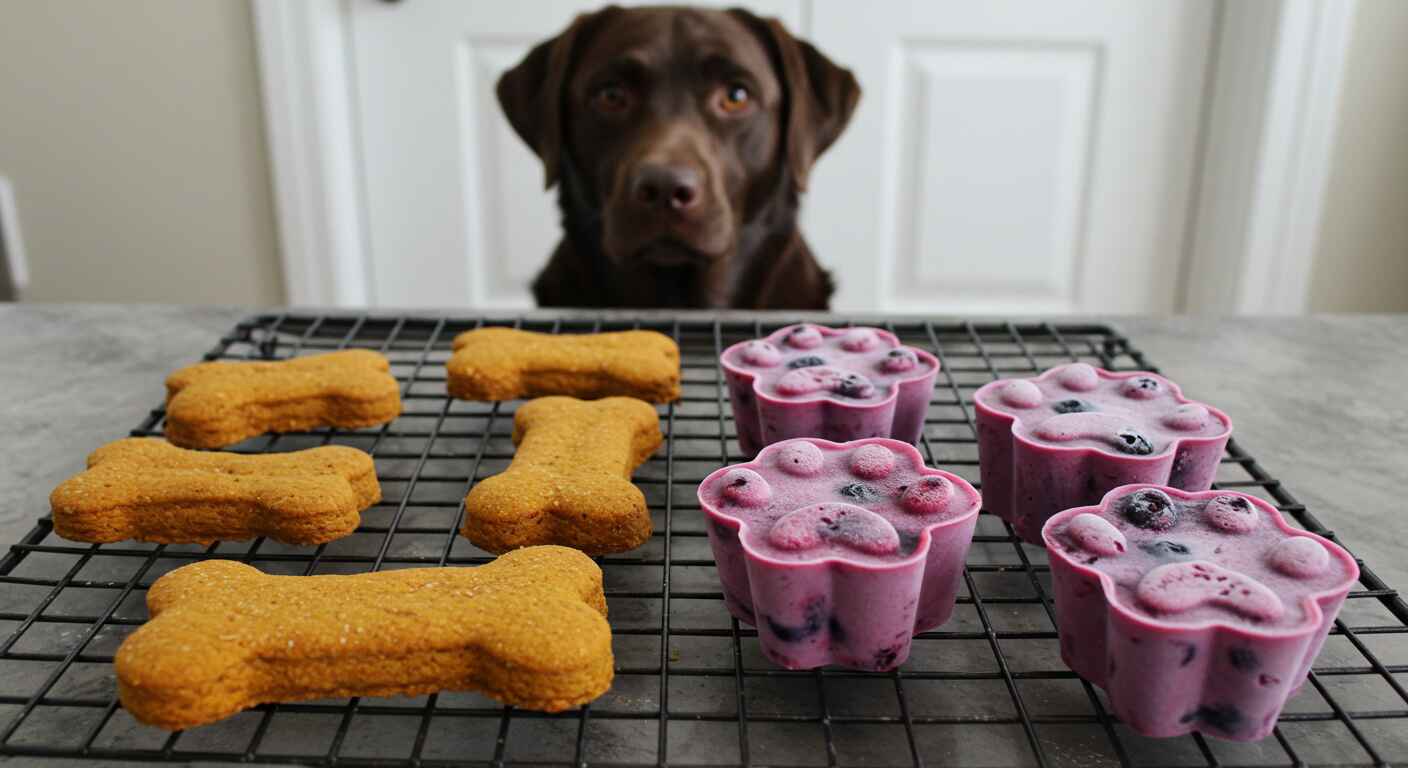
By now, you know the answer to can dogs eat human food is yes, but with caution. Still, many owners love the idea of giving their pets home-cooked meals made with love. The question becomes: how do you turn safe human food into a balanced homemade recipe for dogs?
Let’s walk through simple, healthy meal ideas that are safe, affordable, and easy to prep with kitchen staples.
Basic Dog Bowl Blueprint
Dogs thrive on a mix of lean protein, fiber, and easy-to-digest carbs. When you’re preparing meals at home, use this general formula:
- 50% lean protein (chicken, turkey, fish)
- 25% vegetables (carrots, peas, green beans)
- 25% carbohydrates (rice, oats, potatoes)
If you’re wondering can dogs eat human food like potatoes or oats, yes they can, as long as these are fully cooked, unseasoned, and served in moderation.
Chicken & Rice Comfort Bowl
- 1/2 cup shredded boiled chicken
- 1/4 cup white rice
- 1/4 cup steamed carrots
- 1 tsp olive oil (optional)
This simple mix is gentle on the stomach and ideal for dogs recovering from digestive upset.
Turkey Veggie Mix
- 1/2 cup ground turkey (cooked)
- 1/4 cup green beans (steamed)
- 1/4 cup sweet potato (mashed)
So, yes dogs can eat human food if it’s introduced properly and monitored closely.
For owners asking can dogs eat human food like turkey and veggies every day, the answer is yes, if it’s properly balanced and portioned.
Beef & Oat Energy Bowl
- 1/2 cup lean ground beef
- 1/4 cup cooked oats
- 1/4 cup spinach or zucchini (lightly steamed)
Oats are a great source of fiber, and cooked beef adds protein without overwhelming your dog’s digestive system.
Safety Tips for Cooking Dog Meals at Home
Homemade dog meals can be healthy when done right. But safety matters just as much as ingredients. Before adding anything new, always ask: can dogs eat human food like this safely?
Avoid these common mistakes:
- No seasoning, garlic, onions, or butter
- Avoid processed meats like bacon or ham
- Don’t add salt, sugar, or dairy unless vet-approved
Use clean cooking methods like boiling or baking. Skip frying, sauces, and marinades.
How Often Can You Feed These Meals?
While dogs can eat human food in recipes like the ones above, these should be part of a balanced diet. If you’re cooking all your dog’s meals, consider consulting your vet for a custom feeding plan.
Some owners feed homemade food once or twice a week as a treat. Others prepare all meals at home with help from a vet nutritionist.
Remember, can dogs eat human food daily depends on how complete the meal is. Dogs need calcium, vitamins, and fatty acids that may not be present in human ingredients alone.
If you enjoy cooking for your pet, here are some simple, safe homemade treat ideas:
FAQs About Can Dogs Eat Human Food?
Can dogs eat human food daily?
No, dogs should not eat human food daily as their primary diet. While some human foods are safe in moderation, complete dog food should make up 90% of your dog’s diet. Human foods should only be occasional treats to prevent nutritional imbalances.
What happens if my dog eats human food?
The outcome depends on what they consumed. Safe foods like plain chicken or carrots usually cause no issues. However, toxic foods like chocolate, grapes, or onions can cause reactions ranging from digestive upset to organ failure. Always monitor your dog after new foods.
Can dogs eat human food instead of dog food?
No, dogs should not replace dog food with human food long-term. Commercial dog foods are formulated to meet canine nutritional requirements, while human diets lack essential nutrients dogs need and may contain harmful ingredients.
How much human food can a dog eat safely?
Follow the 10% rule, treats (including human food) should make up no more than 10% of a dog’s daily caloric intake. For most medium-sized dogs, this means just a few tablespoons of human food per day at most.
What are the healthiest human foods for dogs?
The healthiest human foods for dogs include lean proteins (plain chicken, turkey), certain fruits (apples without seeds, blueberries), vegetables (carrots, green beans, pumpkin), and plain cooked grains like rice or oatmeal.
Can Dogs Eat Human Food? Final Thoughts
Can dogs eat human food? I remember asking that myself the day Max snatched a piece of roast chicken off the table during Sunday dinner. The whole room paused, not because of the mess, but because we didn’t know if it was safe. That one moment sent me down the rabbit hole of researching what’s actually okay to share with our dogs. We laughed, we panicked, we learned. Over the years, I’ve discovered that yes, dogs can eat human food, but only if we feed them wisely.
This guide was written not just from research, but from real love, real mistakes, and real meals shared (sometimes unintentionally) with furry family members.
So next time you see those eyes begging for a bite, you’ll know exactly what to do, and what to skip. Because feeding your dog should feel good, safe, and full of joy.
Has your dog had experiences with human foods, good or bad?
When deciding if your dog can eat human food, consider your pet’s unique needs and always consult your vet. Share your stories in the comments below! I’d love to hear about your own furry family members.
